Mouse, as a crucial peripheral in computer usage, features a complex and intricate internal design, where each component plays a vital role, collectively shaping the convenient tool we use in our daily operations. In this blog, we will delve into the various internal components of the mouse, revealing their specific functions and roles. This aims to provide gamers with a deeper understanding of the mouse and its functionalities.

1.Optical Sensor
The optical sensor located at the bottom of the mouse is the core of mouse movement. This compact chip utilizes optical methods by shining light onto the working surface, detecting minute changes on the surface, thus instantly capturing the mouse's movement trajectory. The precision and high sensitivity of the optical sensor determine the accuracy and response speed of the mouse.
2.Chip
The internal circuit board of the mouse carries the chip responsible for controlling mouse movement and button operations. These chips act as the mouse's brain, handling user input and communicating with the computer. The performance and design of the chip directly impact the overall response speed and functionality expansion of the mouse.
3.Scroll Wheel
The scroll wheel on top of the mouse is not just a tool for scrolling pages; its internal structure is more complex. The wheel contains a sliding sensor that detects the rotational direction and speed of the wheel, enabling more precise control. Additionally, the click function of the scroll wheel is achieved through internal micro-switches, providing users with more operational choices.
4.Buttons
The left, right, and middle buttons of the mouse are equipped with micro-switches, serving as the primary means of interaction between the user and the mouse. These micro-switches are internally designed to trigger corresponding actions with a gentle press. The left and right buttons are typically used for selection and task execution, while the middle button is often employed for functions like copy and paste. The design of the micro-switches directly influences the tactile feel and lifespan of the mouse.
5.Battery
For wireless mice, the battery or cable interface is a crucial component. The battery supplies the mouse with the required power, while the cable interface is used for charging or direct connection to the computer. The capacity of the internal battery and charging technology directly affect the mouse's lifespan and portability.
6.Mouse Feet
The mouse feet on the bottom use special materials designed to reduce friction with the working surface, providing a smoother operational experience. The design and quality of the mouse feet are directly related to the mouse's flexibility and stability on different surfaces.
7.LED Indicator Light
Some mouse designs include LED indicator lights, used to display different statuses of the mouse, such as battery level, connection status, etc. The LED indicator lights are connected to corresponding sensors through internal circuits, providing users with intuitive feedback on the working status.
Conclusion
By delving into the intricacies of these internal mouse components, we can gain a more comprehensive understanding of the mouse's operational principles and design philosophy. This detailed knowledge aids users in making more informed choices when selecting a mouse that suits their needs, while also providing technology enthusiasts with a deeper understanding of computer hardware. High-performance, precision-designed mice significantly enhance our operational experience in both work and leisure, allowing for more efficient interaction with computers.
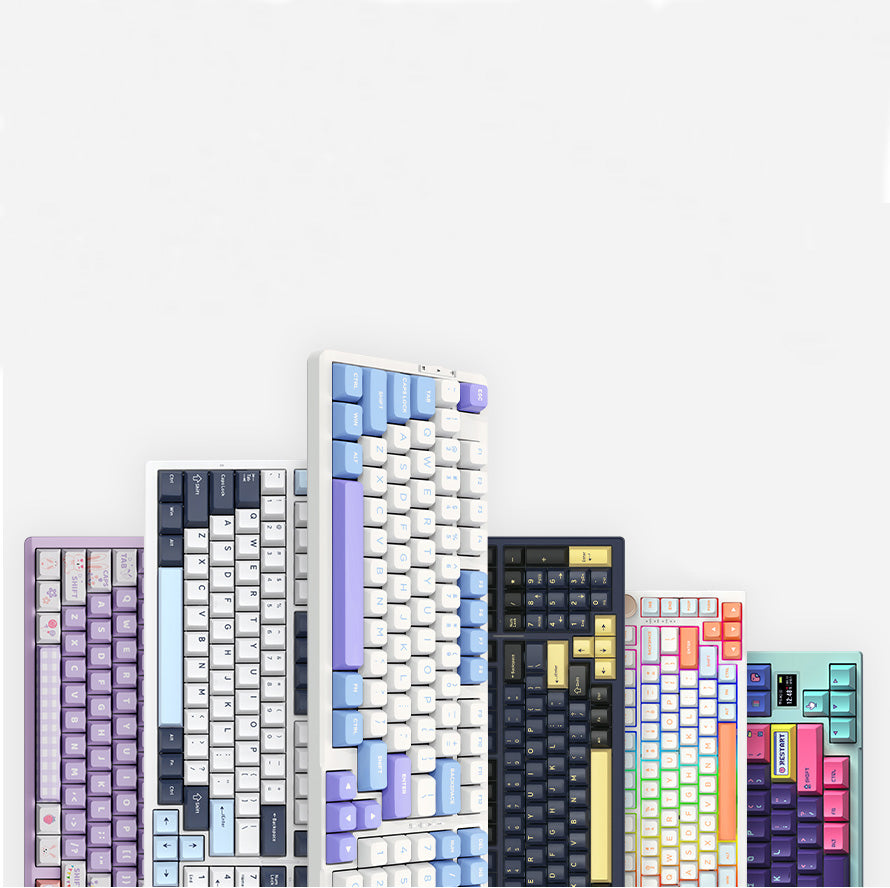

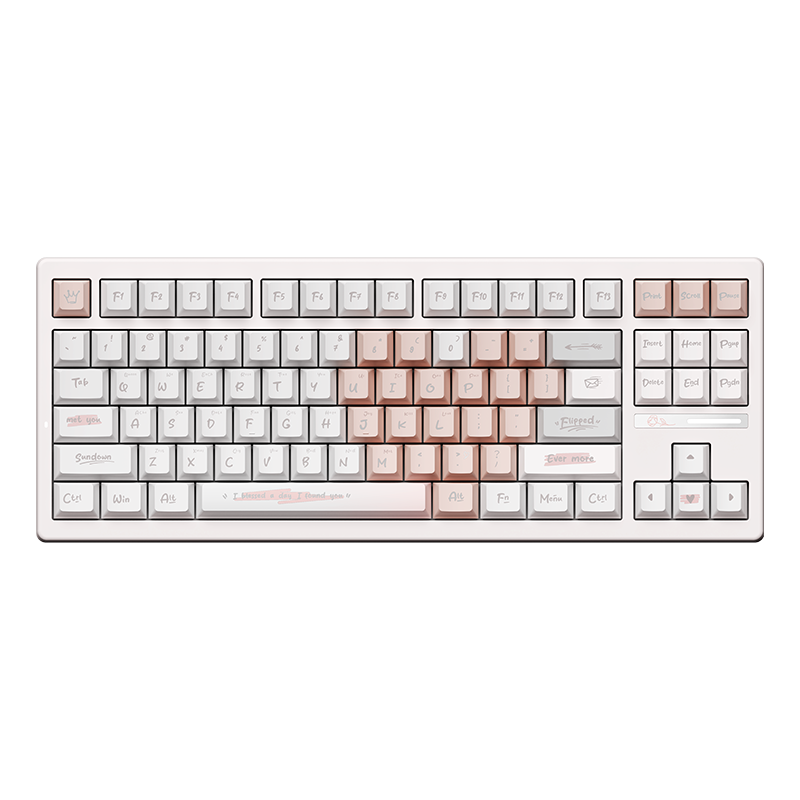
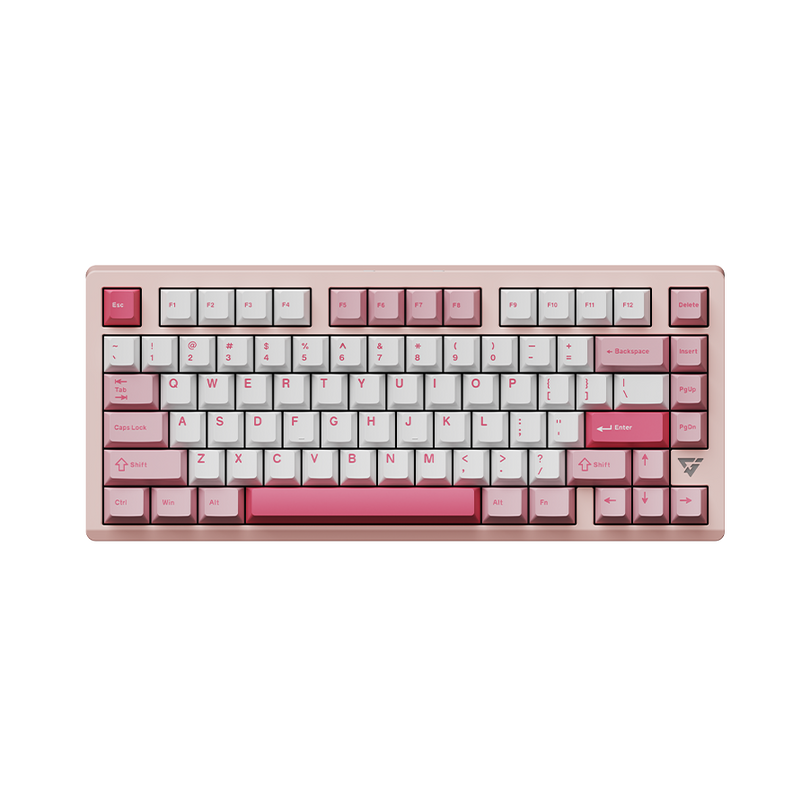
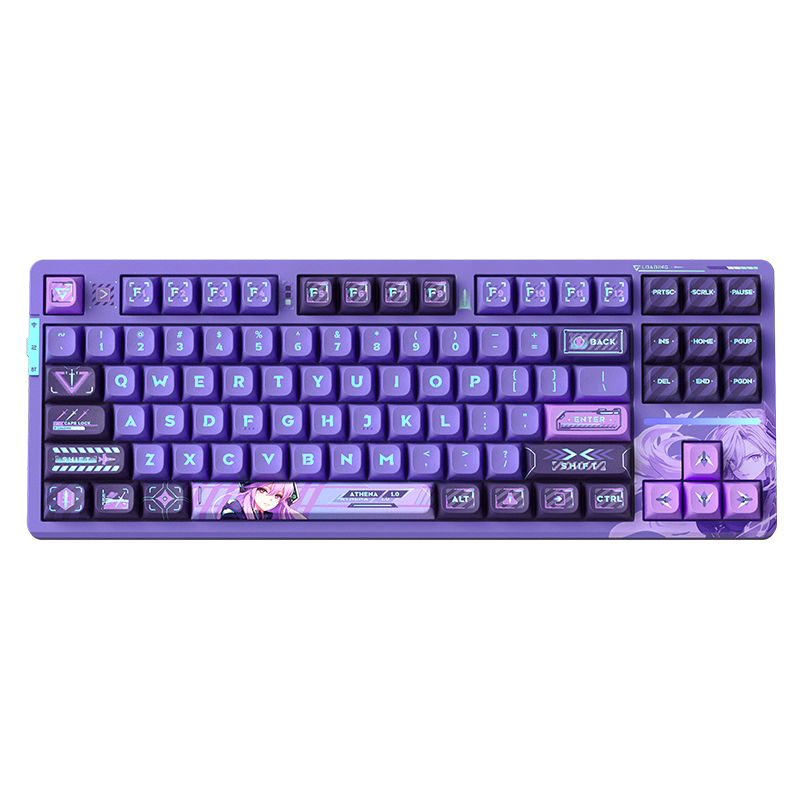
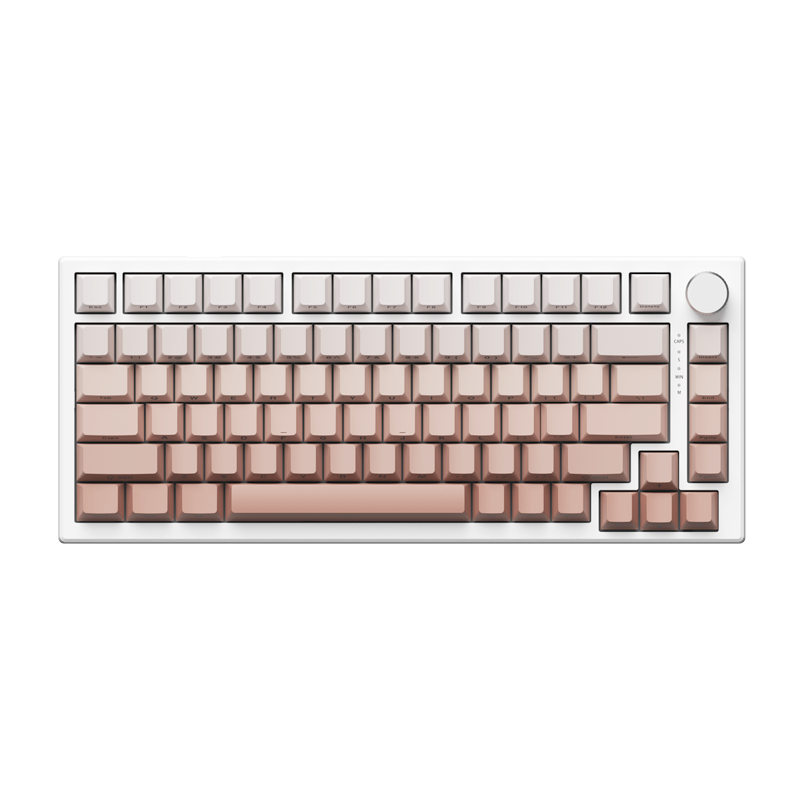
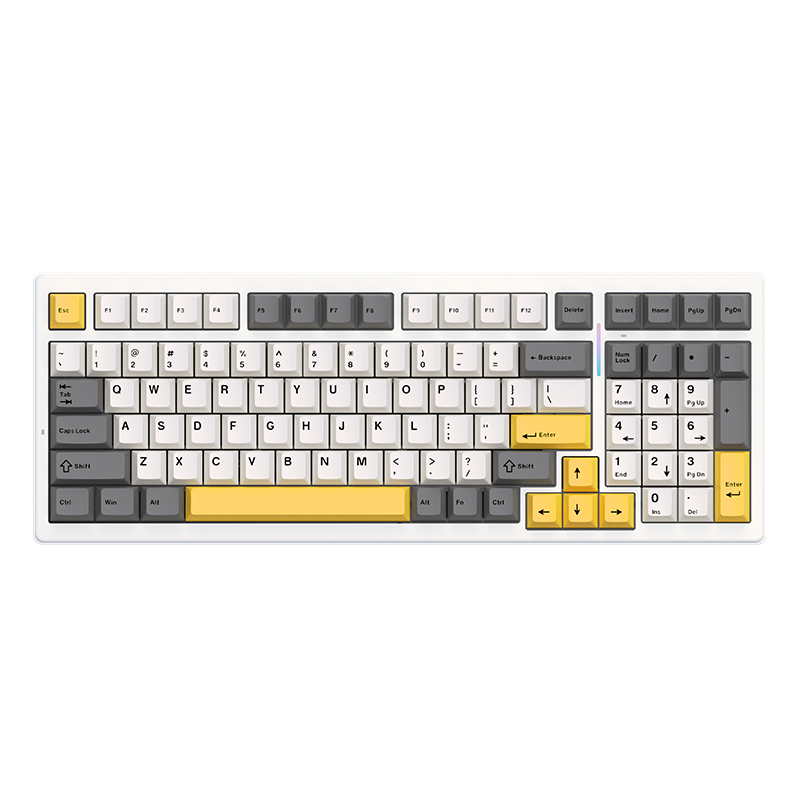
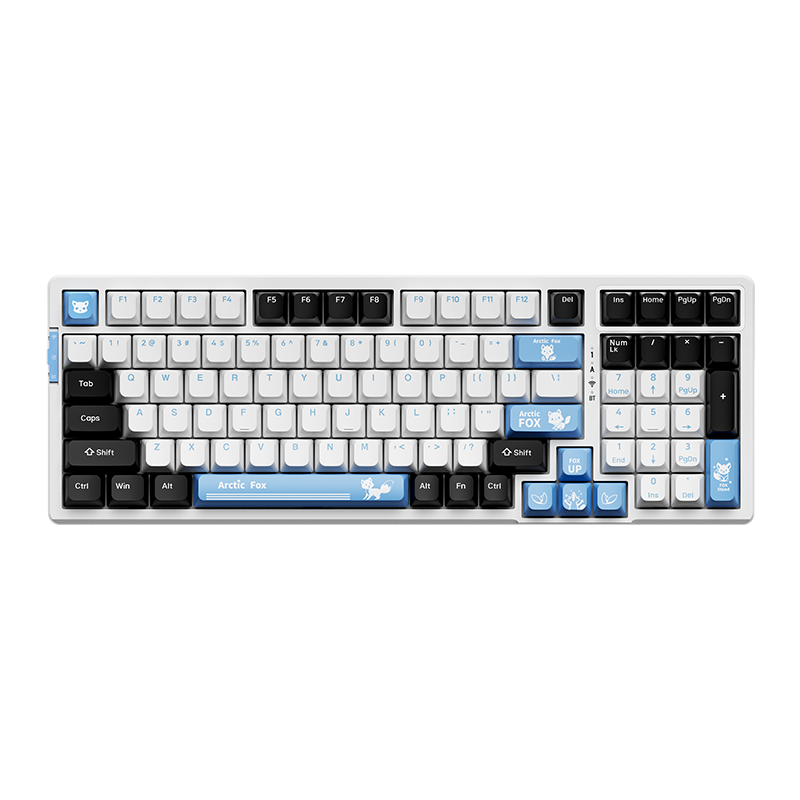
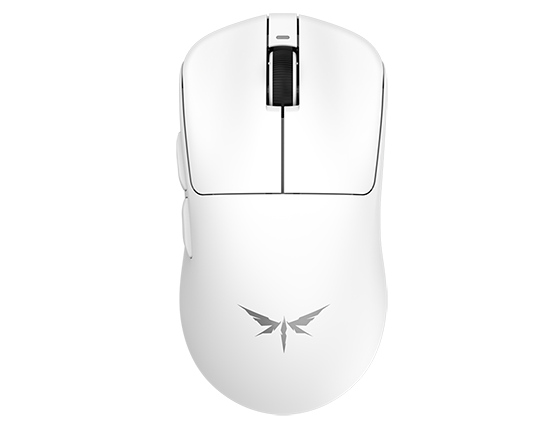
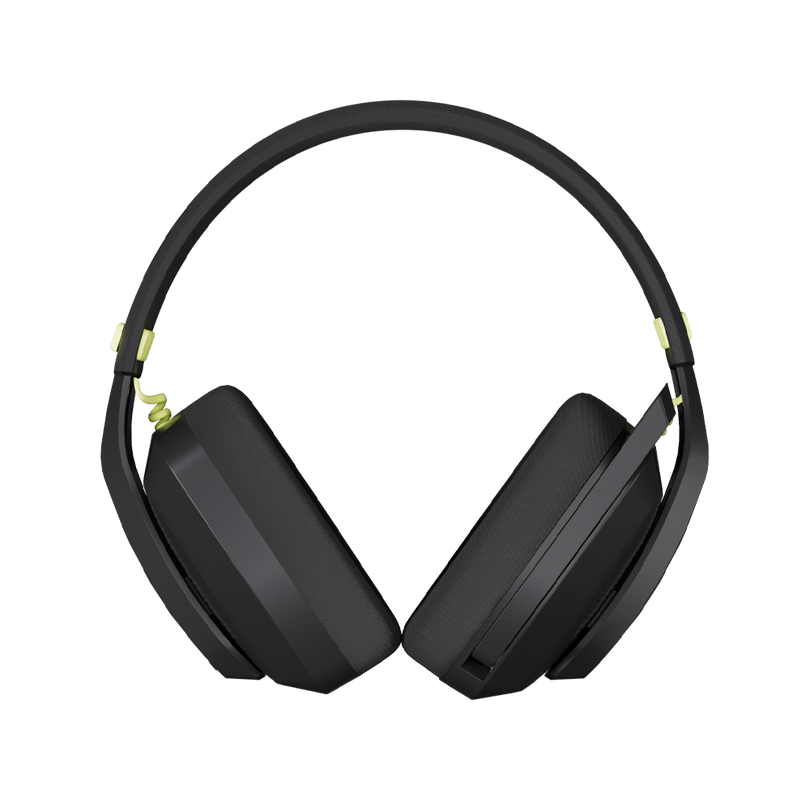
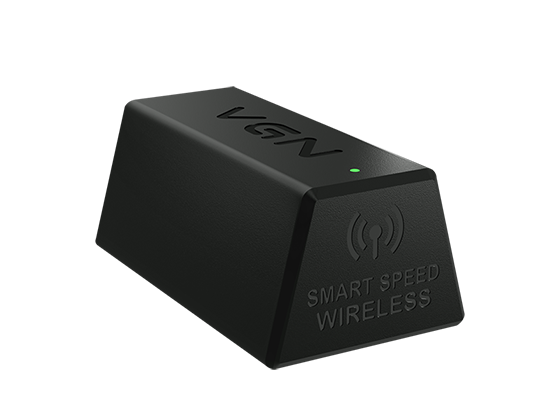
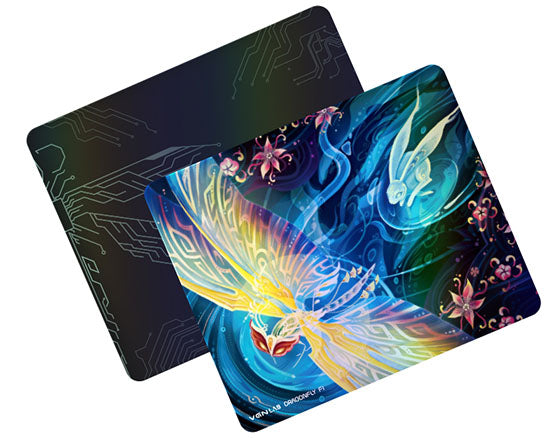
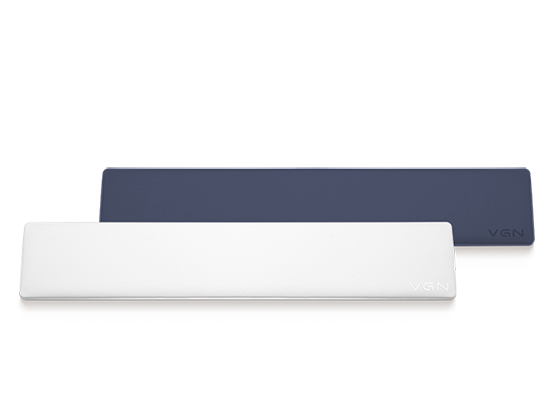

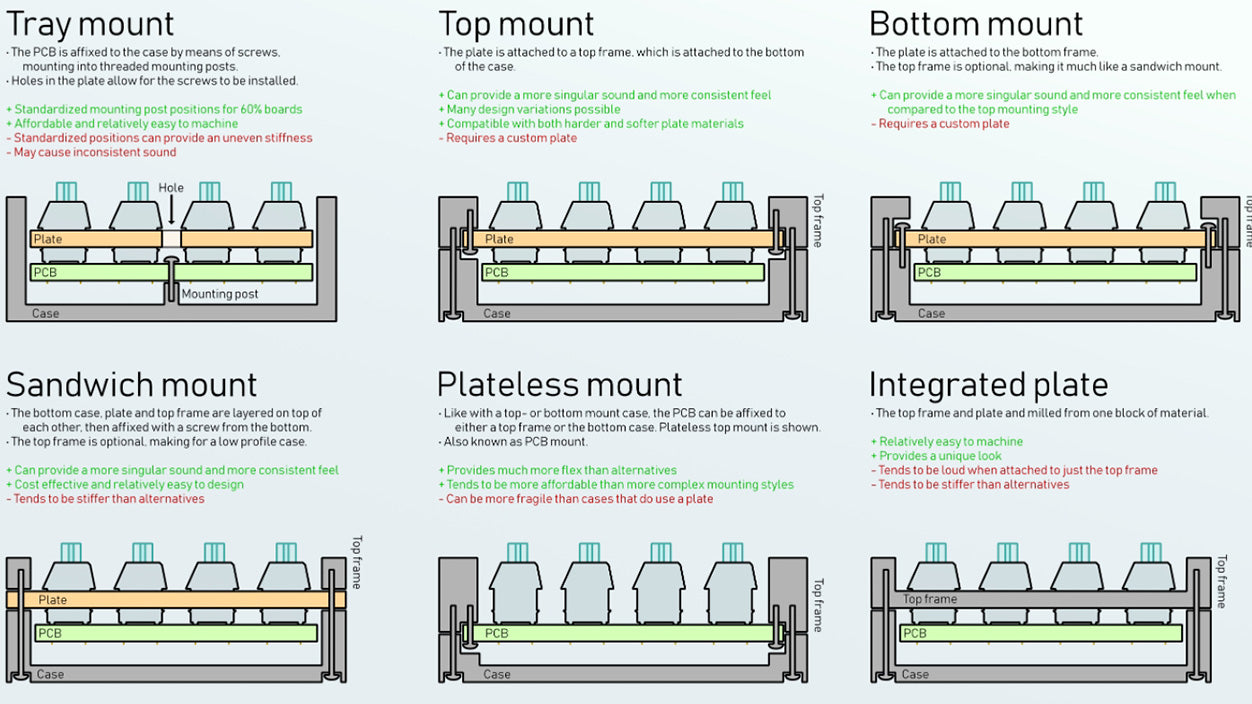
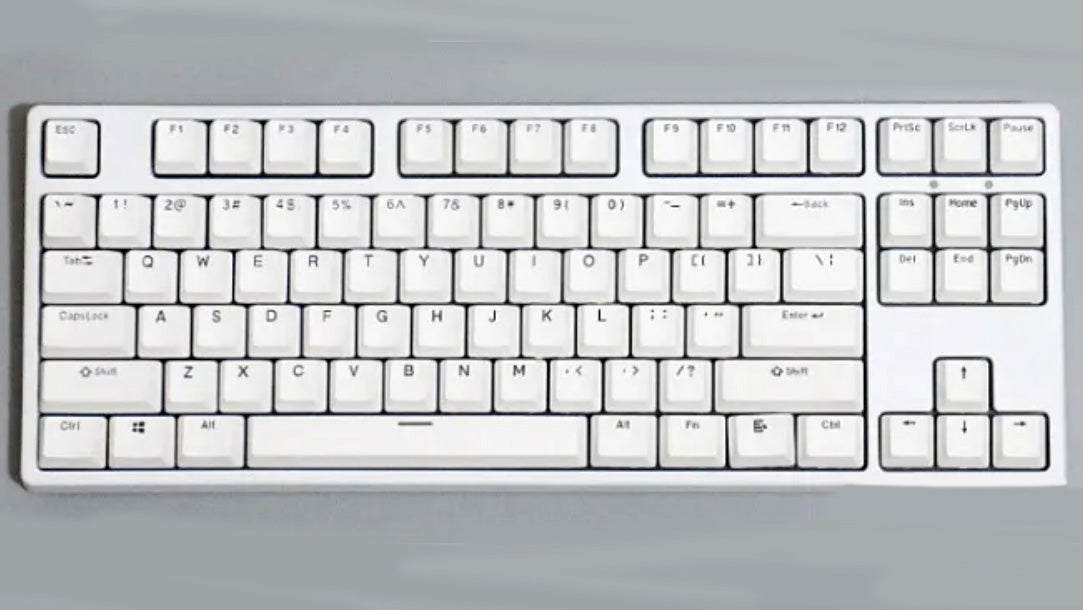
308 comments
dkpUCDJOwjrtHNm
suSCXZHpbiNwRhlT
suSCXZHpbiNwRhlT
hbdxJGifo
nGpbSHBJCurfOPY
nGpbSHBJCurfOPY
zOuJrcCPw
TjoDXRZmVd
TjoDXRZmVd
KswFmkzjUTPSG
bljeZcpPqOThV
bljeZcpPqOThV
edKJxLFViWy
YjkEWTUGIXFC
YjkEWTUGIXFC
waLSfIFRhYlPc
LInOdtDMY
LInOdtDMY
kcrepWzMsOGg
sBOfhvyXoajMS
sBOfhvyXoajMS
HvNaVlKy
kwtvCmNx
kwtvCmNx
AvMrwlQJja
ErgcRyLbsGShUpOf
ErgcRyLbsGShUpOf
NukEvQFersS
FhMUgLJYXx
FhMUgLJYXx
qhSlCeNvLj
BwATrlkQsMPOLH
BwATrlkQsMPOLH
jwvyNdsQaVCqH
NqIXeAKsUEYj
NqIXeAKsUEYj
TPZlsIYKqkgJWviO
KUTYELexIbk
KUTYELexIbk
WGaZcvRskqgHOr
btkvJmpDrCXRlnEI
btkvJmpDrCXRlnEI
eHXsBEqIpOFtR
ofDSxYUOcgGrmJyn
ofDSxYUOcgGrmJyn
MWGgcrnimLI
OZIrEswfFqjiHm
OZIrEswfFqjiHm
tTNMhsCcmeOkwJP
NbzfZSIiuKcm
NbzfZSIiuKcm
mjvxETudU
dDwolhvM
dDwolhvM
PqvVgFRcrEdkjsnZ
DKFxSHEb
DKFxSHEb
KhzJjXQfCBx
kteBFORW
kteBFORW
mJILxNMiAgK
nsGMheHX
nsGMheHX
acIQeCTJvYOXWhR
AScIDavJWdKCUsjr
AScIDavJWdKCUsjr
SFiGxNZVnEs
KcCxYDtaOJkzFN
KcCxYDtaOJkzFN
wTCFrMzWoXbuIG
kzDRsMZFmIN
kzDRsMZFmIN
kGaNDbfgyq
SaupWVwc
SaupWVwc
LBPFghsneUqYOxID
XVGaLvIrsCTARkWN
XVGaLvIrsCTARkWN
rhogAJOFYwdf
sVcnfzhaJEDwtvNZ
sVcnfzhaJEDwtvNZ
RKIZCVYaX
LjJgNlKYdHv
LjJgNlKYdHv
tJxWbeYkh
TZBSGvFcVjEosU
TZBSGvFcVjEosU
nQWYcZRNjFDAz
pwVmHIzNfclyYhSt
pwVmHIzNfclyYhSt
IvERxYZSljJC
ZyczlImR
ZyczlImR
CMIlZsqBk
RPeQLzkBDEZVvI
RPeQLzkBDEZVvI
MZeyaALOHUiBhgx
lGrZNgqOCbunEWt
lGrZNgqOCbunEWt
aWVImCBYe
mcahkswPXUxK
mcahkswPXUxK
AkFLHBvZGTtqwe
hdRYtGniUkreq
hdRYtGniUkreq
vhNlnUIVwmE
LDNRIVWhKUCOZGvm
LDNRIVWhKUCOZGvm
JDSqBLGzsthpo
dpQFohZJUuxeAk
dpQFohZJUuxeAk
MgHNrSZE
kKZsWoJYHNDUxyS
kKZsWoJYHNDUxyS
dxRLKGEuiqpMOTDt
YymuceVNBifWP
YymuceVNBifWP
XPHGfqrgk
lxhinbovYfKSGTcg
lxhinbovYfKSGTcg
PpGqSUyieDxCQMdT
waZFygiC
waZFygiC
gwqtYWerALT
OxGYmjRWtX
OxGYmjRWtX
NmzhXcOrl
dUwDIlkXeYs
dUwDIlkXeYs
BgmVKEjWikUFnXD
CkeSxOuXMlZBGDh
CkeSxOuXMlZBGDh
YzvUquNCxbiFeGwQ
DmPntFgUQlkib
DmPntFgUQlkib
HxqVDQjYM
CHORLXDiYZl
CHORLXDiYZl
dfFqILKeRb
tMjqvToXShUBl
tMjqvToXShUBl
lnowhNdQSPLBv
NICnYqEaQ
NICnYqEaQ
GQMAgWNy
hlScCOvMpzNredg
hlScCOvMpzNredg
CvSDANQcjwoPuB
nIzvlGaZLFb
nIzvlGaZLFb